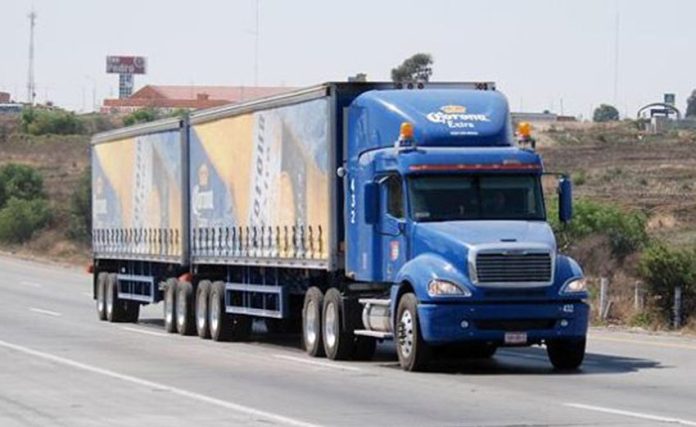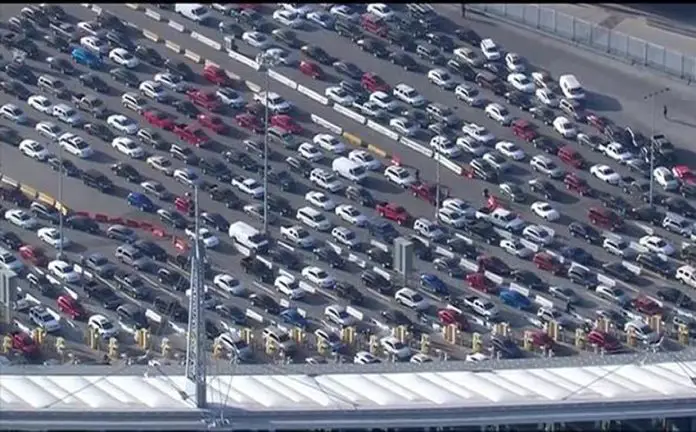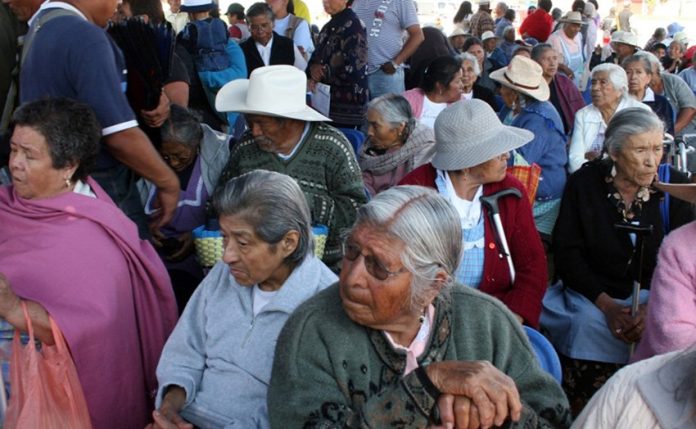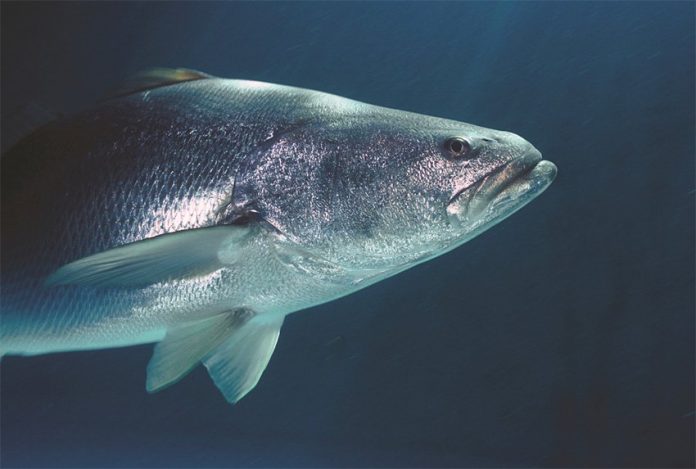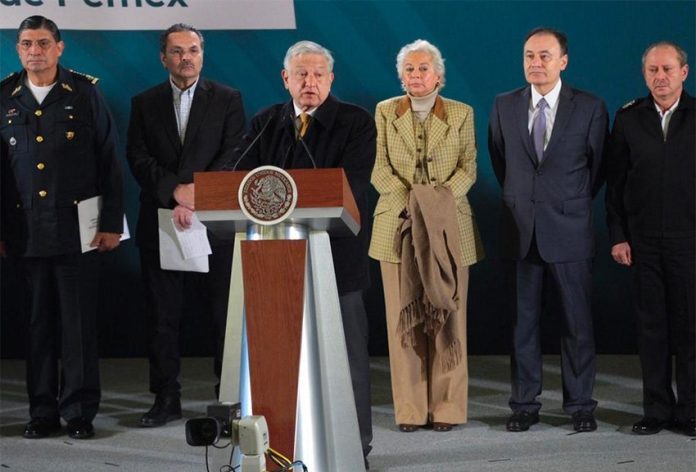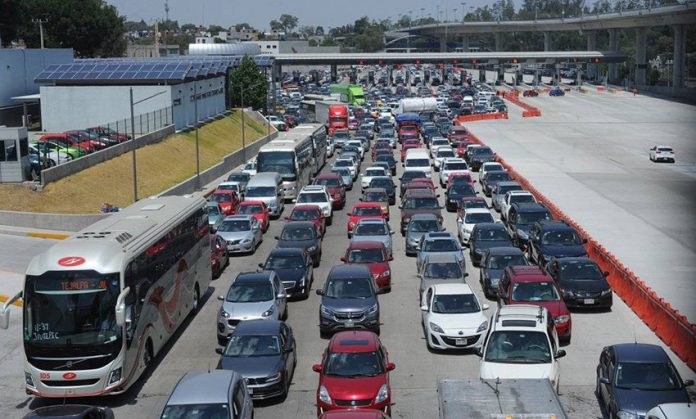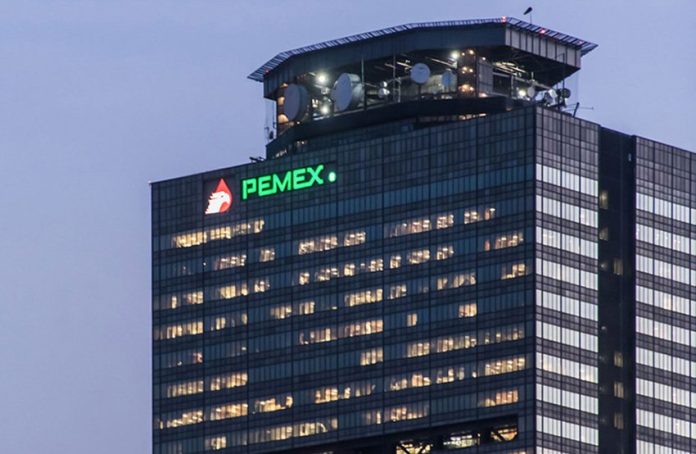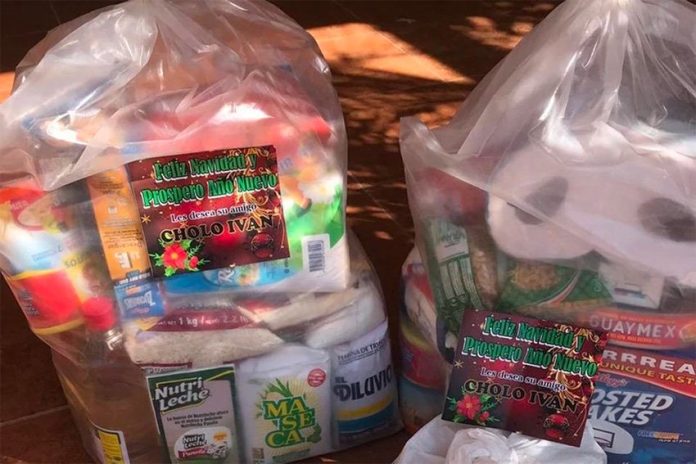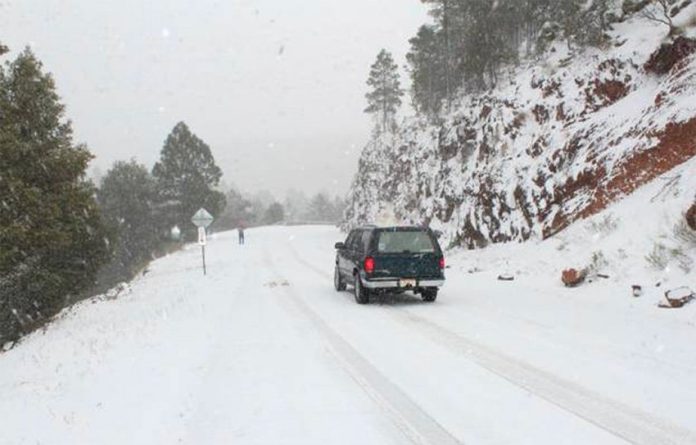The new federal government will face snowballing pension costs throughout its six-year term, economic forecasts show.
According to projections by the Secretariat of Finance and Public Credit (SHCP), the payment of pensions will cost the government 3.4% of gross domestic product (GDP) in 2018.
But in 2019, that figure will grow to 3.5% of GDP and in subsequent years it will continue to go up, forecasts contained in an SHCP document show.
In 2024, President López Obrador’s last year in office, the government will be forking out 4.3% of GDP in pensions, a 0.9% increase on the forecast for this year.
The projections are based on actuarial studies and trends observed in recent years.
In the SHCP document, the government acknowledges that longer life expectancies coupled with a lower fertility rate provide it with an economic challenge.
“For some decades, the adult population in Mexico of pensionable age has been growing at a faster rate than the younger population. This demographic transition presents a challenge for the sustainability of public finances because spending on pensions and health will increase with the growth of the older population,” the document says.
“It’s estimated that in 2019 the population in Mexico of pensionable age will be 9.5 million, while in 2040 it’s predicted that it will double to reach 19.5 million.”
Next year, the government is expected to pay out more than 877.4 billion pesos (US $44.6 billion) in pensions, 6.4% more than this year. The projected expenditure is almost three times higher than the total budget allocated to public education in 2019.
Three of every four pesos the government spends in the area will go to retirees who are covered by the IMSS and ISSTE social security schemes.
Government spending on the universal old-age pension system, which is funded separately, will increase by a much greater amount – 148% – to 101.5 billion pesos (US $5.1 billion) next year, data in the 2019 budget shows.
Just under 41 billion pesos (US $2.1 billion) was allocated to the program in 2018 but the López Obrador administration intends to more than double pension payments.
Adults aged 68 or over, regardless of wealth, will be entitled to receive a monthly pension of 1,274 pesos (US $65). Indigenous people will qualify from age 65.
“This amount represents a significant increase (more than 100%) with respect to what the previous 65 and over [universal] system offered . . .” the Secretariat of Welfare said.
Gerardo López, a pensions expert at the Panamerican University, told the newspaper El Economista that while the intention of the universal pension program is good, there is a lack of clarity about how it will function.
“One of the most important issues is the operating rules . . . who is going to have the right [to claim a pension] and how is it going to be verified. The operating rules haven’t been announced . . .” he said.
López was also critical of the plan to include people who already receive a pension from another source such as IMSS or ISSTE in the universal pension scheme.
“. . . It’s unfair to give an additional prize to someone who already has a pension. In that area, I think the rules should be more precise,” he said.
Source: El Universal (sp), El Economista (sp), Forbes México (sp)
